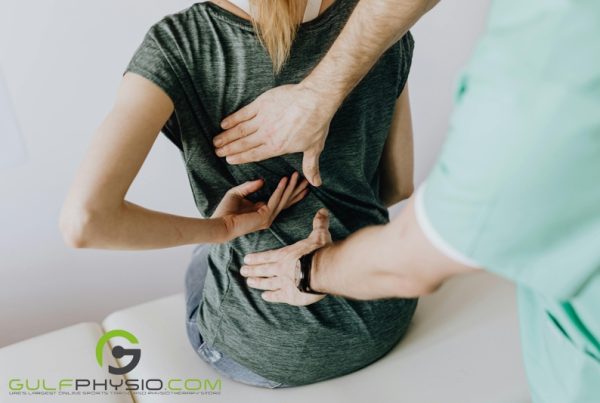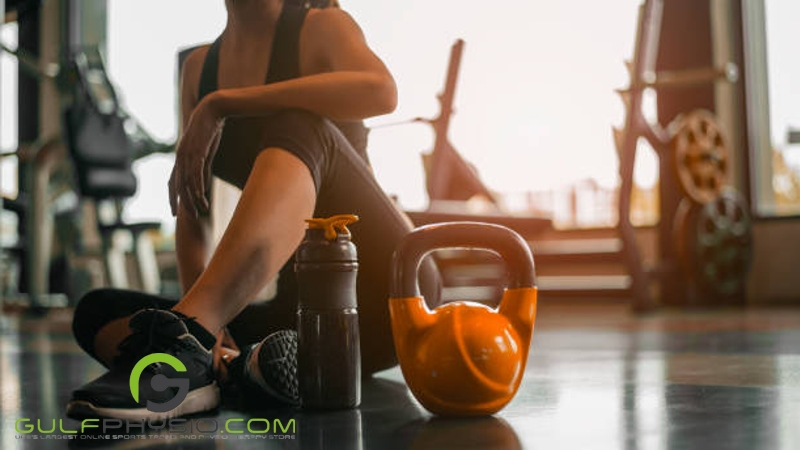
It’s not uncommon to do a few light exercises and stretches before a workout or competition, these exercises are called a “warm-up” and prepare the muscles for more strenuous activity. While warm-ups are important, many people neglect their post-exercise recovery, which arguably, is just as important. With all that said, let’s look at what it is and how it can benefit you.
What is Post-Exercise Recovery?
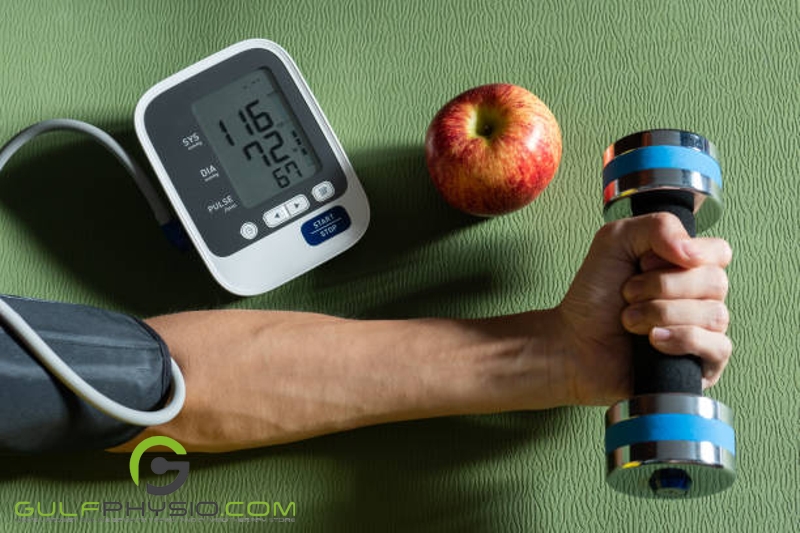
An article published on the National Library of Medicine website defines recovery as “The time period between the end of a bout of exercise and the subsequent return to a resting or recovered state.”. This essentially means that it is the state you are in right after your last exercise up until your body gains a state of normalcy again (e.g. no dizziness, no burning sensations, no gasping for air).
Why is Post-Exercise Recovery Important?
Whether you’re an athlete or just a fitness enthusiast, post-exercise recovery is important for various reasons. Its importance can vary from person to person but the general benefits of post-exercise recovery are the same for everyone.
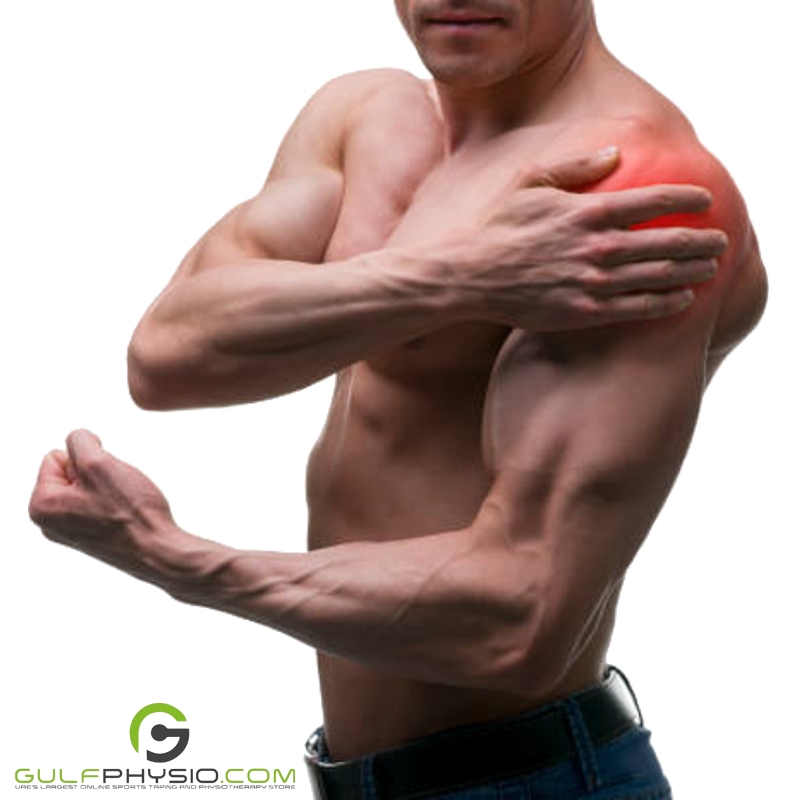
- Better Muscle Recovery – Whenever you exercise or compete in a sporting event, the muscles you engage tear from the stress. Getting ample rest and recovery is key for your muscles not only to heal but also to grow and get stronger.
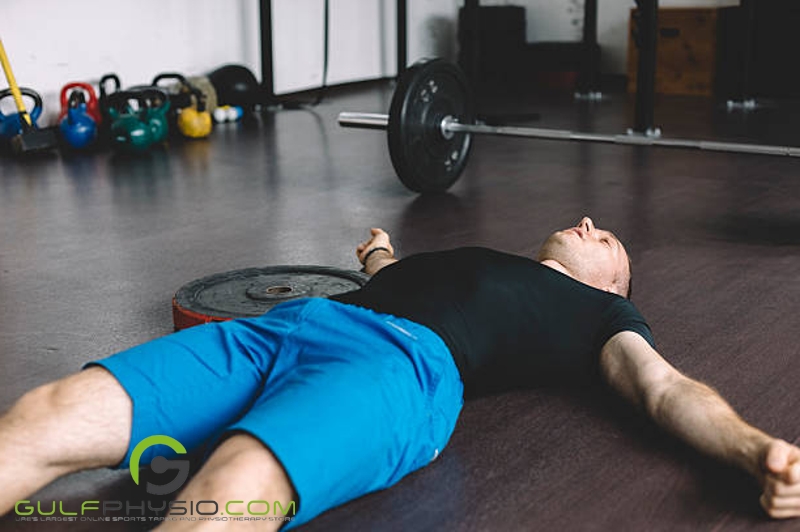
- Prevents Fatigue – As mentioned earlier, overexertion can cause microtears in your muscles. This may lead to muscle fatigue or the inability of the muscles to produce force during movement. Over time, muscle fatigue can cause stiffness and even pain if not given time to recover.
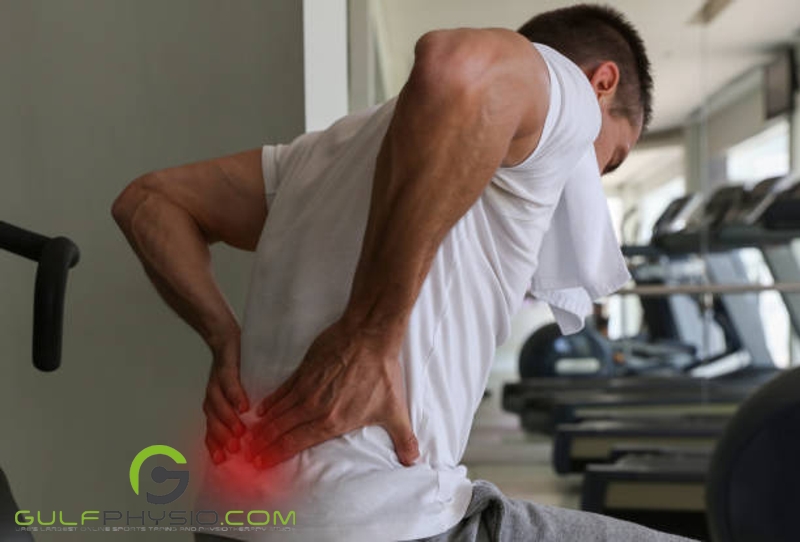
- Injury Prevention – A study published on the National Library of Medicine website that goes into the prevalence of post-exercise recovery methods stated that “Inadequate recovery can disrupt the growth and regeneration of musculoskeletal tissues and lead to overuse injury”. Individuals who don’t practice post-exercise recovery are more likely to suffer injury and a decline in athletic performance.
Tips for Post-Exercise Recovery
Contrary to popular belief, recovery consists of more than just a hot shower and ice packs. Your muscles, overall health, and even mental health will benefit much more if you heal properly.
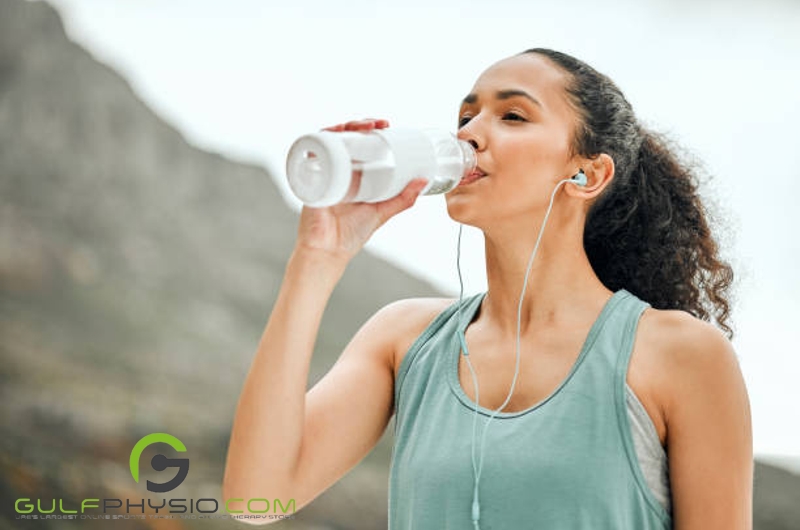
- Stay Hydrated – When engaging in intense physical activity it is normal to lose fluids through sweat. Staying hydrated helps maintain homeostasis, which in turn improves muscle flexibility, reduces soreness, and even boosts concentration, memory, and reaction time.
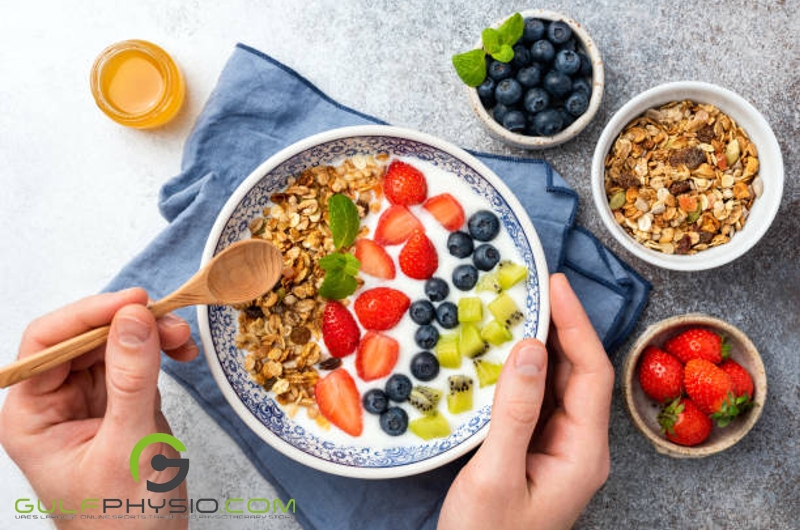
- Recovery Snacks – Much like how you should stay hydrated after a workout, you should also stay refueled. Your body loses glycogen during workouts, but it needs glycogen to repair the damaged muscle tissue. Choosing high-protein snacks and meals will help you recover faster and get stronger.
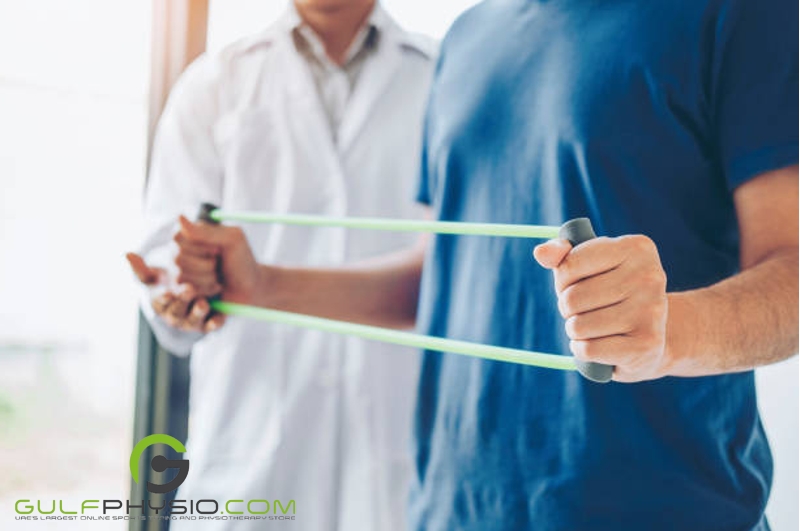
- Practice Active Recovery – We understand that it is tempting to hop into bed right after a workout, but it’s actually better for you to engage in some light exercises. Exercises such as brisk walking, yoga, going for a bike ride, and stretching with resistance bands or tubes help promote circulation, prevent lactic acid build-up, and remove waste and toxins from our bodies.
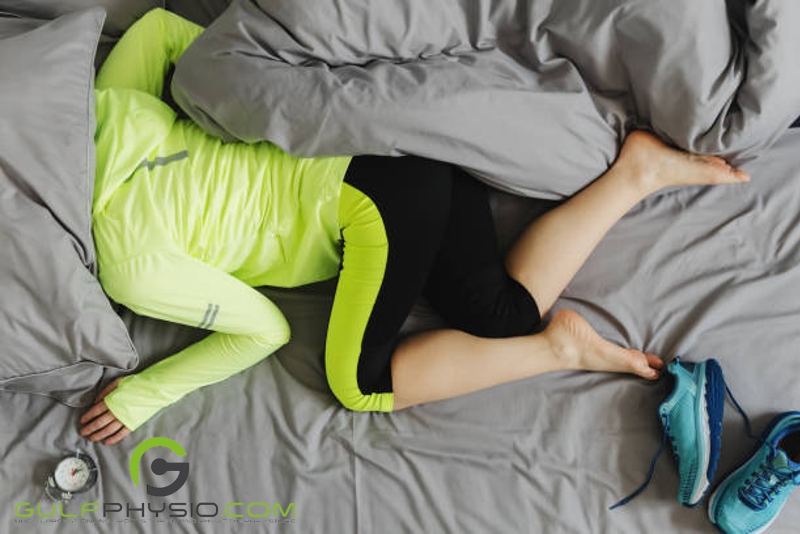
- Well Deserved R & R – Probably the best way to recover after an intense workout is to get some good old rest and relaxation. Getting a restful sleep creates an ideal environment for your body to rebuild damaged cells and tissues, which promotes healthy muscle growth.
Conclusion
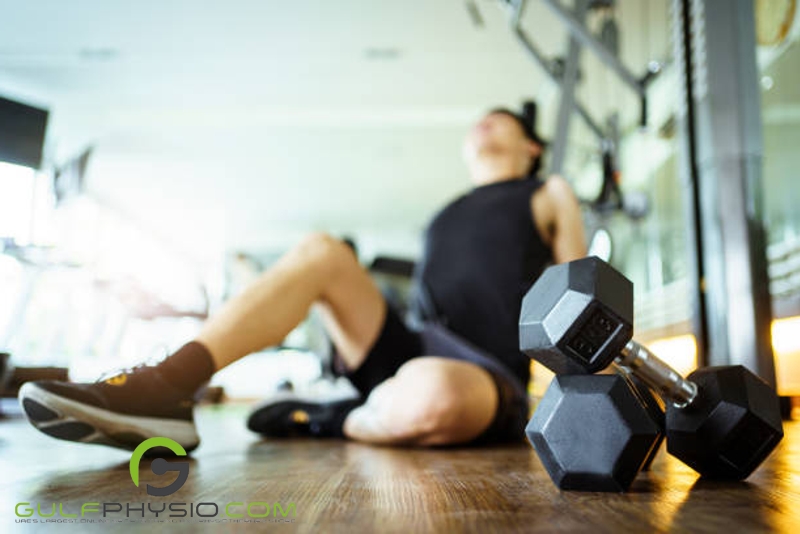
Post-exercise recovery is crucial for athletes and fitness enthusiasts as it helps improve muscle growth, prevents fatigue, and prevents injury. It involves staying hydrated, refueling with high-protein snacks, practicing active recovery with light exercises, and getting adequate rest and relaxation.
If you want to know more about recovery, read our article “Navigating the Road to Recovery: Managing Achilles Tendon Tears in High-Ranking Athletes” or learn more from our blog here.
Disclaimer
GulfPhysio.com and all of its content are for informational purposes only. All information is believed to be accurate at the time of posting and should NOT be construed as professional medical advice. Please seek a medical professional in the event of pain or injury.


